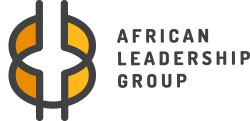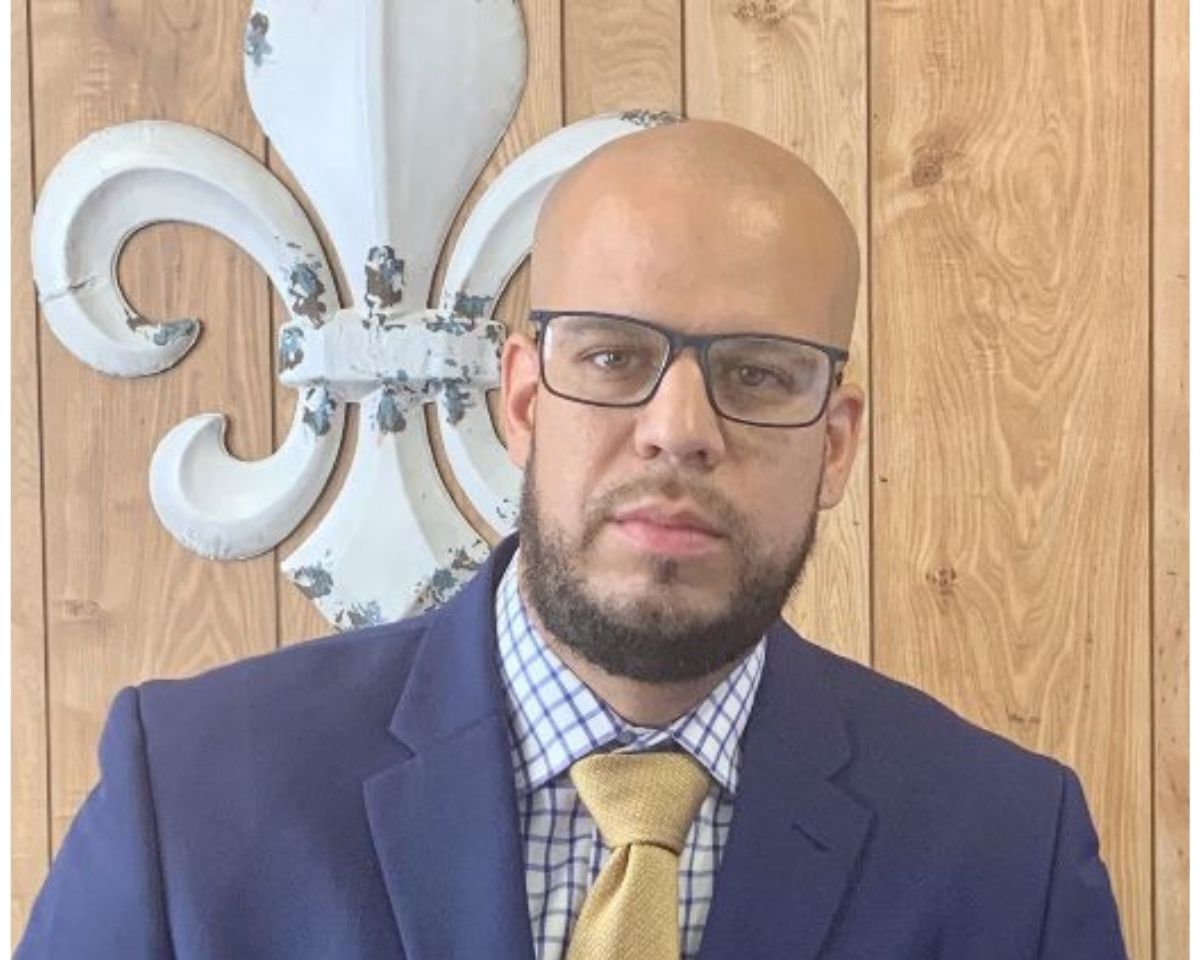On behalf of the Afrian Leadership Group, I would like to welcome Dr. Alex Marrero to Denver. Dr. Marrero assumes his duties as new superintendent of Denver Public Schools on July 6.
I have had the opportunity to engage in a few conversations with Dr. Marrero. Most recently I, together with two other members of the ALG team, spent an hour on a Zoom call interviewing Dr. Marrero about his beliefs, his experiences, and his educational philosophy.
I have been encouraged by Dr. Marrero’s words. He has told me and others repeatedly that he places a high value on full community participation in setting the direction of Colorado’s largest school district. In fact, he said, he plans to assemble a transition team that includes not only DPS employees, but representatives of community groups as well.
Dr. Marrero is approaching his new position with a great deal of humility. He is being careful not to lay out specific plans or to make promises to anyone. He will be new to Colorado, having spent most of his life and all of his career in the New York City and Westchester County areas. As he said to us, “I’ve been asked what I plan to do about ‘X’ issue, and I answer, “I don’t even know ABC, I simply don’t, so give me some time before asking me to answer that kind of question.”
Here are a few highlights of ALG’s June 25 interview with Dr. Alex Marrero.
ALG: What is your vision for Denver Public Schools?
Marrero: My vision, first, is really to be embraced by the community even before I attempt to influence anything. I think that’s the way to keep myself humble and thinking well beyond the role…I’m here looking to learn from you, Papa, and the entire African Leadership Group, and all the other organizations (working in education).
The root of what I believe in is anchored in the pursuit of growth and learning for all; the whole concept of being a lifelong learner at all stages. And for our students to have that instilled in them beyond the gates of high school will be a tremendous success.
So I need partners, just like you all are yearning for partners, because that whole saying, it takes a village. Not only is it a cliche. It’s really a theory of action. So if we’re going to pursue equity and access, we all need to believe it. There is a mind shift that needs to happen. And I question whether everyone in the DPS community is prepared to make that shift.
So it’s really about efficacy; do we truly believe that the little Papas of the world can do it? Because I know that I’ve come across folks who will say so just because they’re supposed to say it, but genuinely do not think that little Papa can do it. I know this, because I was that kid…
Quality education requires culturally competent adult professionals who believe in educating the entire child. Here are the five pillars of educating the whole child: To make sure that the child is safe. That the child is supported. That the child is challenged and engaged. And that the child is surrounded by culturally competent adults. If they look like the child, that is a bonus, but if they do not, they just need to believe, really believe, that all children can learn at a high level…
I’m going to disrupt the status quo. I’m not going to do it initially because I want people to allow me in. I need to get into the house, as they say, before they offer me tea. But I am not your typical superintendent.
I really don’t want to touch at this point on charter, innovation, and district-run schools. There is still too much for me to learn. But what I’ve been able to gather is simply that there is too much internal competition. I believe in eternal collaboration. I want to come up with a system that is less competitive and more fruitful for all.
Everybody should be pressed and should be expected to be held accountable to innovate, whenever possible. Autonomy has to be given and autonomy will be given. I was an autonomous principal, so I know exactly what it is to have free rein, be able to do what you need to do for the sake of your community. Innovation, creativity, autonomy, and risk taking, have to be in place in order to reach the highest potential. There is still a lot for me to discover though, in this respect.
I’m going to disrupt the status quo. I’m not going to do it initially because I want people to allow me in. I need to get into the house, as they say, before they offer me tea. But I am not your typical superintendent.
ALG: How are you going to engage with community groups with ALG, and how can ALG help you with that?
Marrero: I hope to engage a transition team. This is where ALG can really be helpful to me in constructing. If we can envision stakeholders, representing all facets, all sectors, and those individuals were part of a true coalition. They’re not only going to inform the direction of the district, but also serve as my immediate contacts and influencers. That team is going to be committed to being true, and developing an awesome relationship with me and also those voices that they’re representing, with a hyper-focus on those who have been previously marginalized.
Sometime early this summer, we’ll make an announcement on how we’re going to engage, officially. Needless to say I expect at least one person from ALG to be part of that group.
ALG: What is your message to people out there who historically have been critical of the district, and its leadership. Is there anything you want to ask of them from the get-go?
Marrero: I’m going to personalize it. Treat me like you would treat your child, or any scholar. Come with an open mind and allow them to flourish, and nourish them. So I would say allow me to be at least accepted, even on the surface level. It’s on me to make sure that it then becomes a meaningful relationship. So less judgement and let the past be the past.
ALG: Finally, what has been your learning over the past year of Covid about running online learning and implementing it effectively?
Marrero: We have to acknowledge the fact that this past year, there are some students who excelled; self-reliant learners who have had great success. But on the other end of the spectrum, there was a tremendous number of students who regressed, who didn’t have the access (to technology) until we gave it to them, and who also didn’t have the motivation, they didn’t have the structure that they needed.
It’s hard to say where this could go. Is it part of our fabric? Without a doubt. We’d be foolish to think that this is not going to be how we function to a certain extent, professionally, going forward. But I don’t think it should replace the intimacy of what we do hands-on. Call me a traditionalist, but when it comes to the brick and mortar, when it comes to that nurturing, there’s no replacement for in-person learning. No question.


